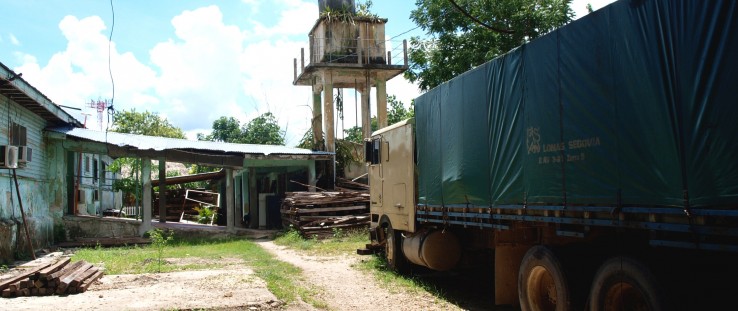 A truck full of illegal lumber at the National Council for Protected Areas
Alana Marsili, USAID
A truck full of illegal lumber at the National Council for Protected Areas
Alana Marsili, USAID
 A truck full of illegal lumber at the National Council for Protected Areas
Alana Marsili, USAID
A truck full of illegal lumber at the National Council for Protected Areas
Alana Marsili, USAID
Guatemala’s Mayan Biosphere is many things—rich with animal species, lush with gorgeous flora and, frequently, riddled with crime scenes.
The Mayan Biosphere’s clandestine borders with Mexico and Belize and isolation in the Department of Petén have made it a desirable location for pilfering ancient artifacts, illegal lumbering and capturing exotic animals. The illegal activities, known as eco-trafficking, command top dollar in international markets. Interpol values the global trade at $100 billion, calling it the most lucrative criminal industry in the world.
With its abundant archeological finds, the Biosphere is one of Central America’s largest eco-trafficking hubs. And in Guatemala, ecocide and narcotics often go hand in hand. As drug trafficking increases in Petén, so too does deforestation. In fact, this stew of activity has made environmental cases among the most dangerous and complex crimes to prosecute in Guatemala—until now.
This summer marked the beginning of Guatemala’s first court dedicated to prosecuting crimes against the environment, and it is located here in Petén. The environmental court was inaugurated in July with the support of civil society leaders, 23 justices of the peace, two Supreme Court justices, the Public Ministry’s environmental lawyer and Guatemalan Attorney General Thelma Aldana.
“The Public Ministry is aware of the impunity and corruption that has affected the environment. We are looking to provide mutual support to combat these crimes,” Aldana said at the court’s inauguration of a specialized prosecution arm.
The new court is supported by an extensive network of players, who are in turn supported by USAID. That includes more than 600 park rangers, the Alliance of Protection, the National Police’s Environmental Investigative Branch, the Center for Conservationist Studies, the National Council for Protected Areas (CONAP), the Institute for Archeology and History, and Arcas, a conservation project that works with trafficked wildlife.
During the last five years, only 5 percent of complaints filed by citizens seeking environmental justice resulted in convictions. Officials believe the new court, with a focus on the prosecution of environmental crimes, will mark a change in direction and swifter delivery of justice.
“The Public Ministry was not accustomed to dealing with crimes against the environment, and therefore it lost its importance. My goal is to really push these cases through the system and bring about justice,” said Karla Hernandez, Guatemala’s first environmental judge.
Ruling Brings Excitement and Apprehension
On Sept. 17, Hernandez passed a major ruling, which ordered Reforestadora Palma de Petén S.A. (REPSA), a major palm oil company, to suspend operations for six months at the Sayaxché palm plantation in Petén.
The operation of the plant is suspected to have caused the death of millions of fish. The palm oil plantation encroached most of the arable land in Sayaxché, and fishing had become an alternative livelihood for many in the region. During the suspension, an investigation will be conducted, led by the Public Ministry, into the environmental realities of the Pasión River.
Protests, road closures and the kidnapping of three human rights defenders and community leaders followed the ruling (the three kidnapped have since been released).
Then came the death of Rigoberto Lima Choc. The 28-year-old schoolteacher from Champerico, who was also a councilman and environmental activist, filed the original denuncia, or complaint. He was shot to death outside the Office of the Justice of the Peace.
Guatemalans found themselves, once again, asking whether the country’s system of justice will be an effective deterrent to crime. USAID officials believe the answer is yes.
Building a Better Justice System
“The environmental court and prosecutor’s office in Petén represent a significant step toward providing specialized justice in Guatemala, and will contribute to greater efficiency and efficacy in the provision of important justice services,” said Catherine Rochon, deputy director of USAID’s Security and Justice Sector Reform Project. “They are part of the specialized justice model that USAID has promoted with the judicial branch and the Public Ministry in several key areas, including gender violence and human trafficking, to further consolidate the rule of law.”
The Government of Guatemala and USAID have worked together for the last 20 years to build an integrated justice system equipped to respond to complex criminality, including high impact courts—special courts reserved for the most sensitive and dangerous cases that need to be tried in secure areas with protections. These cases include corruption, organized crime, kidnappings, narco-trafficking, gangs and trafficking in persons.
USAID supported the Government of Guatemala in establishing a criminal justice system that now has the capacity to prosecute high-level corruption. In the last year, the joint effort of the U.N.-mandated International Commission Against Impunity in Guatemala and Guatemala’s Public Ministry led to the prosecution of high-level corruption and the imprisonment of now-former President Otto Perez Molina, former Vice President Roxana Baldetti and over four dozen high-level public officials. Six major corruption rings were also dismantled that cost Guatemalan taxpayers more than $200 million and resulted in 35 deaths due to medical malpractice.
Creating Response Networks to Ecocide
While the court case against REPSA has only just begun, those close to the Mayan Biosphere are hopeful justice will prevail—especially for the protected lands.
Biotopo Cerro Cahui park rangers Catalino Garcia Juarez and Luis Felipe Porras together have over 25 years of experience guarding protected areas, and say there was a time when drug trafficking controlled large parts of the park and arguments over land titles resulted in deadly strife.
“We were and still are aware of the risks, but we do it with love, the love of our natural resources. We’re here fighting for conservation,” Garcia Juarez said.
The rangers explained that while criminal activity has not been eradicated, it has been decreasing in their park in what they attribute to a greater understanding and respect for the environment in Petén, as well as a regional bloc created in 2006. The regional bloc, also known as the Alliance of Protection, is an environmental conservationist bloc that includes the important Mayan heritage sites of Tikal, Zotz and Bio-Itzá.
“Before the bloc was organized, the land was lawless and dangerous. We dealt with regular land invasions and lost territory to criminal control,” said Felipe Porras.
The bloc’s work alongside the national police has helped law enforcement apprehend more criminals and trafficked goods.
As another important actor, CONAP receives citizen complaints and is also a depository for the illegally trafficked lumber, chainsaws and lumbering materials, which are slated for ultimate disposal.
Wildlife that is apprehended by the police is transferred to the Arcas project, which is currently caring for over 700 animals that have been trafficked. Depending on the species and how long they’ve been traveling for trafficking purposes, the animals can remain for a week to a year. The ultimate goal is for all animals to be released back into the wild. But for some it is not possible due to irreversible domestication, malformations created by the containers in which they are trafficked or some other factor.
“USAID’s unwavering 20-year commitment to the growth of an engaged civil society, augmented by institutional strengthening, provided a strong foundation for justice sector reform,” said USAID/Guatemala Mission Director William Brands. “The most recent example of this is a model of specialized environmental justice that, through the same partnership between civil society and the institutions, gives the future of the Mayan Biosphere great hope.”







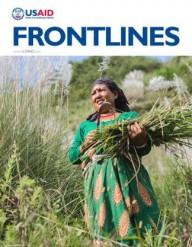

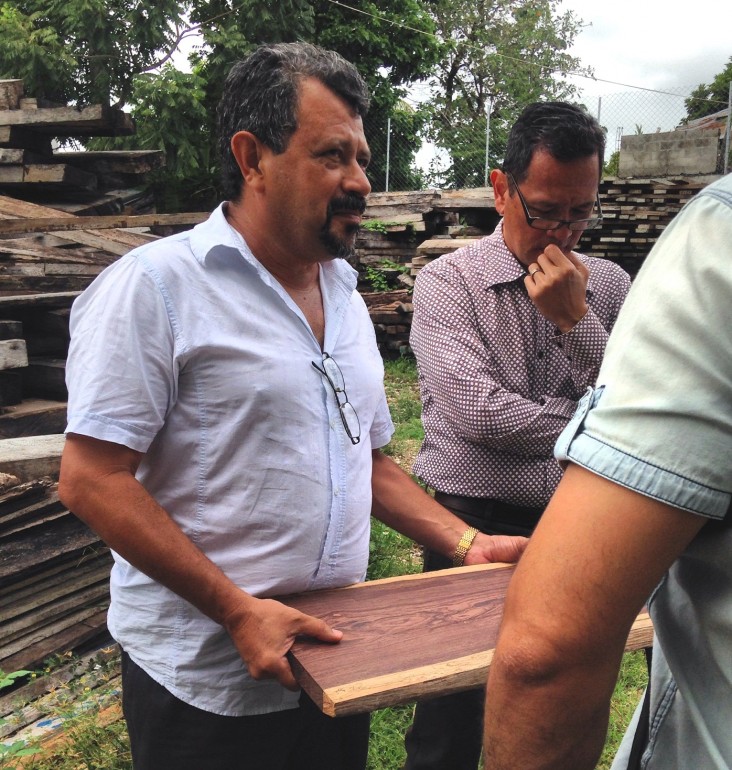
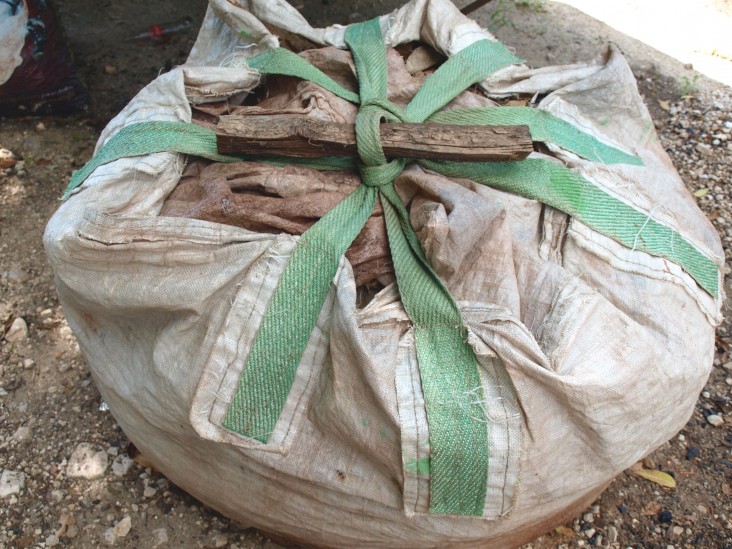
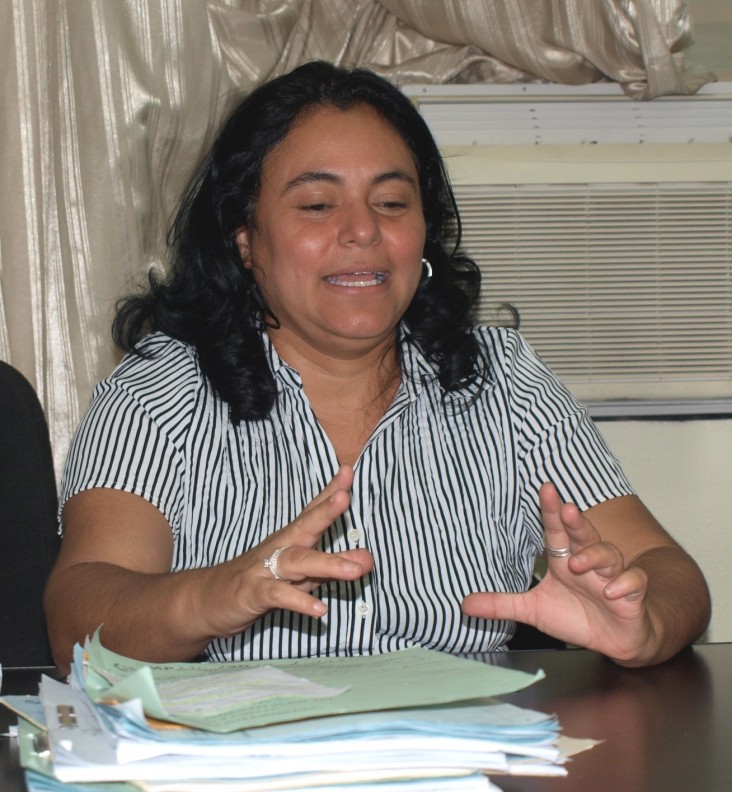
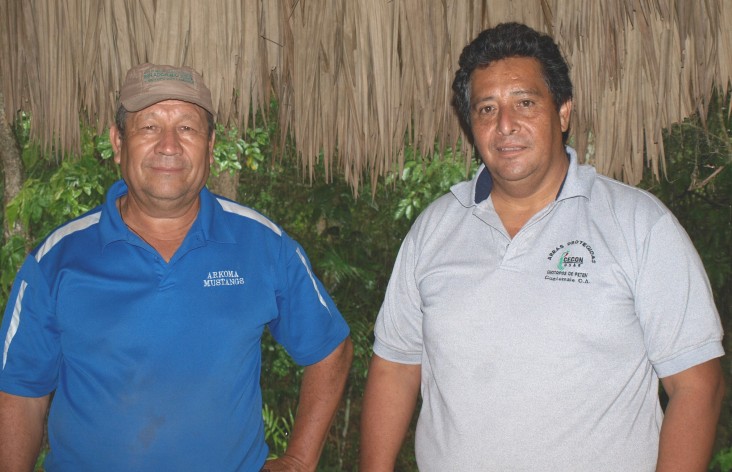
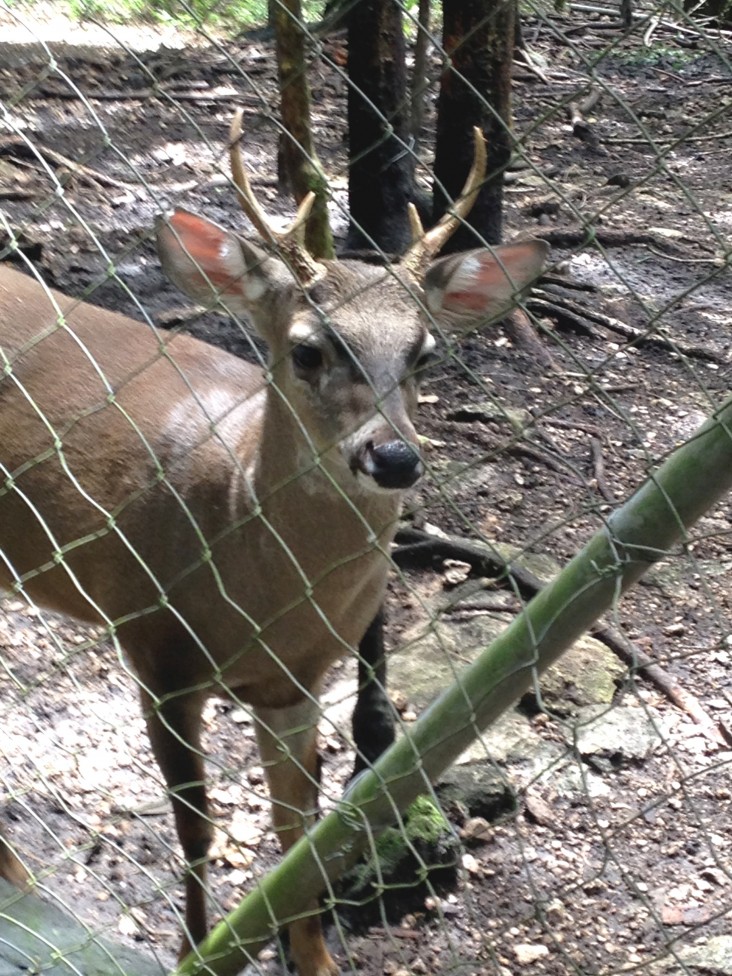
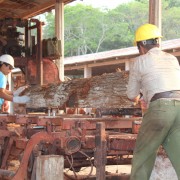
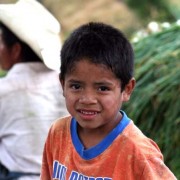
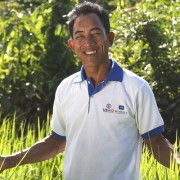
Comment
Make a general inquiry or suggest an improvement.